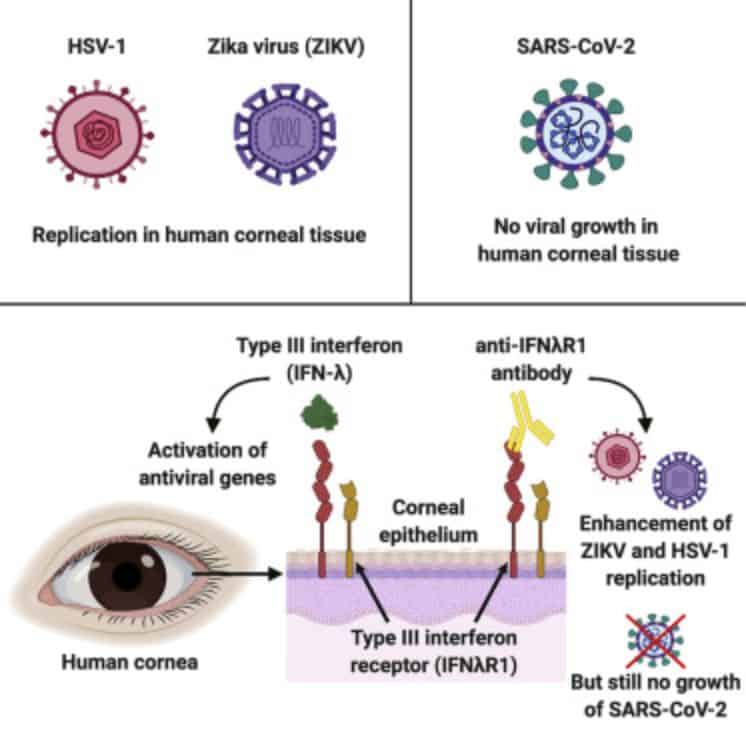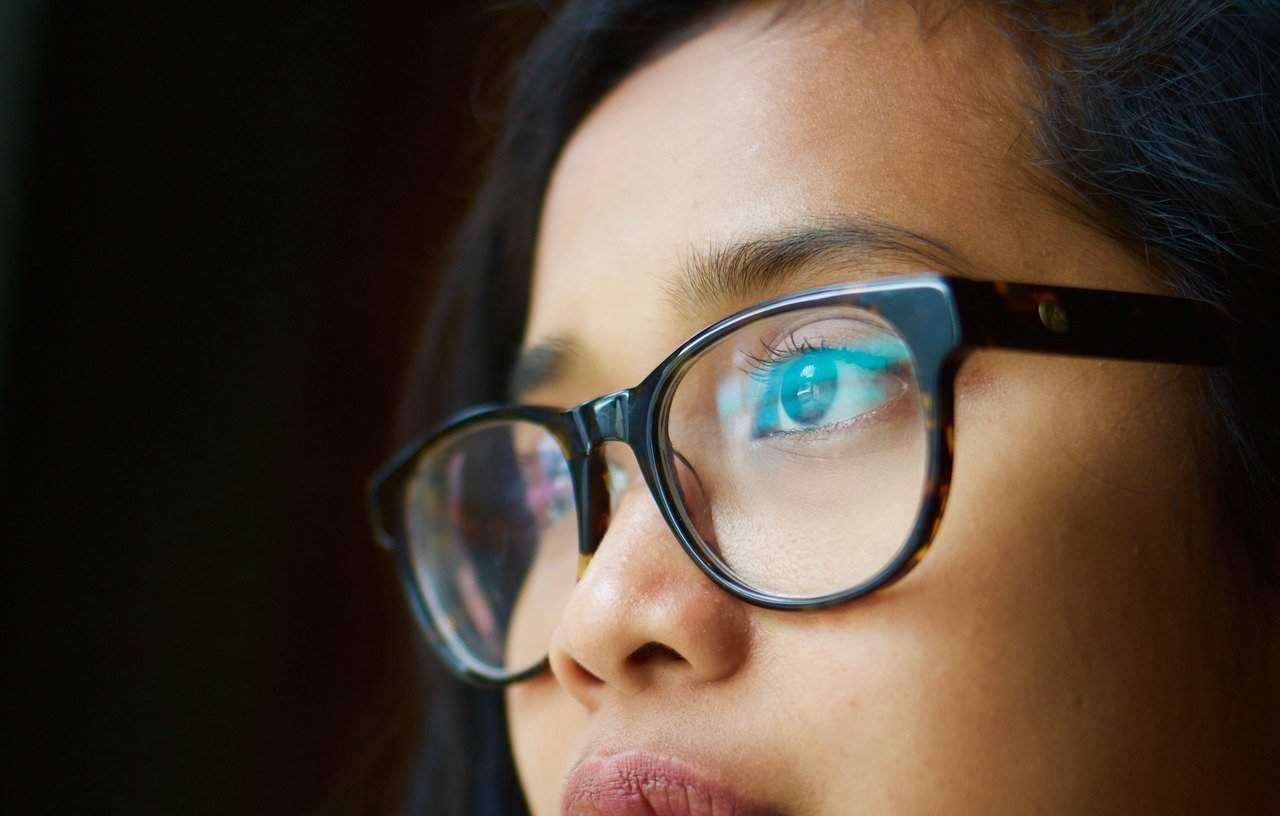A team of researchers from the University of Washington School of Medicine in St. Louis has discovered a particularity in the cornea capable of resisting the SARS-CoV-2 that causes COVID-19.
The virus surprises scientists again after they put corneas in direct contact with three viruses: Zika, Herpes and SARS-CoV-2. In the experiment, the coronavirus did not replicate in human corneal tissue unlike herpes simplex and Zika, which can replicate in the tissue.
For the study, the researchers used corneas from 25 human donors and also mice corneas, but they do not rule out that the corneas that can prevent the replication of the coronavirus are of some special type.
“Our findings do not prove that all corneas are resistant, But every donor cornea we tested was resistant to the novel coronavirus. It’s still possible a subset of people may have corneas that support growth of the virus, but none of the corneas we studied supported growth of SARS-CoV-2”
explained Jonathan Miner, lead author of the study.
He added that while some patients with COVID-19 have conjunctivitis, this does not mean that viral infection is the direct cause.
“The cornea and conjunctiva are known to have receptors for the novel coronavirus, but in our studies, we found that the virus did not replicate in the cornea”
Author adds.
The finding also identified substances in corneal tissue capable of promoting or inhibiting viral replication. According to the researchers, the molecular inhibitor called interferon lambda can prevent herpes and Zika, although it was not possible to demonstrate whether this inhibitor has any effect on SARS-CoV-2 replication because they did not detect its presence.

Researchers set out to further deepen this study to reconfigure the results of their experiment and recommended that people continue to wear protective lenses to prevent contagion, at least until a broader study consolidates their discovery.
The Whole world knows that the coronavirus spreads through the droplets that are expelled when people speak or sneeze, which is why it has been observed that the safest biosafety methods to avoid contagion are masks, gloves and protective glasses.
